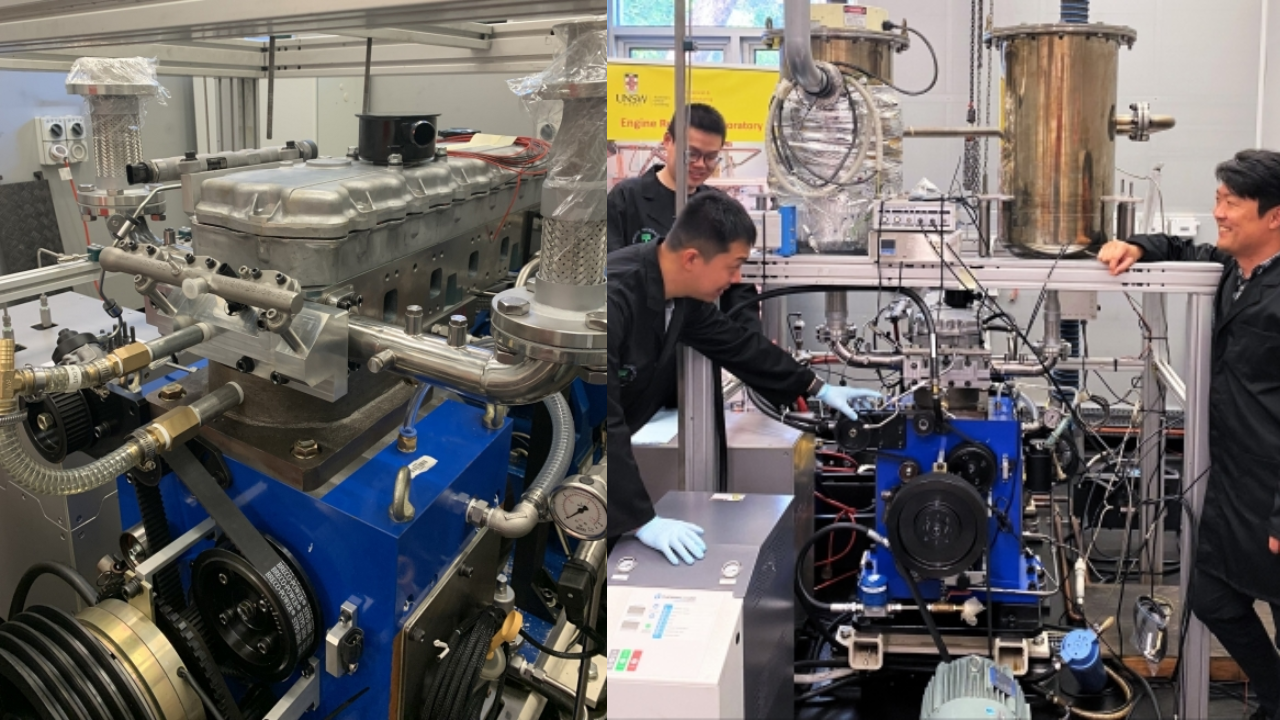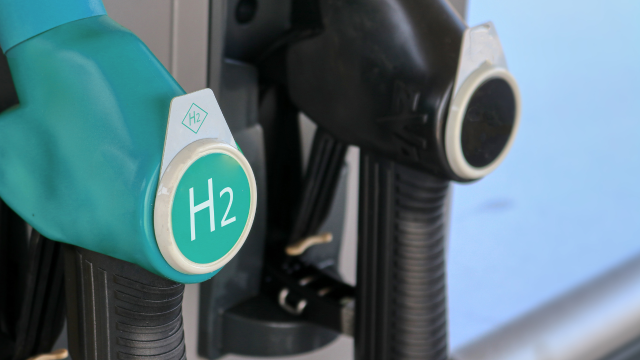Researchers at UNSW have developed a dual fuel injection system that allows a diesel engine to run on 90 per cent hydrogen.
Hydrogen-petrol engine conversions aren’t a new concept, however, there are huge safety and cost drawbacks to converting a car to be entirely fuelled on hydrogen.
As reported by the Newcastle Herald, this development from the University of New South Wales (UNSW) seeks to alleviate these problems and make hydrogen a possible choice for diesel engines… or at least, 90 per cent hydrogen, blended with diesel.
“We have shown that we can take those existing diesel engines and convert them into cleaner engines that burn hydrogen fuel,” said Professor Shawn Kook from the UNSW School of Mechanical and Manufacturing Engineering.
“Being able to retrofit diesel engines that are already out there is much quicker than waiting for the development of completely new fuel cell systems that might not be commercially available at a larger scale for at least a decade.”
Here’s a simple explanation for this invention. The engine maintains its standard diesel injection, without hydrogen being added to it in the fuel tank. Meanwhile, hydrogen is injected directly into the engine cylinder, at specific times to control the mixture condition.
“We have shown in our system if you make it stratified – that is in some areas there is more hydrogen and in others there is less hydrogen – then we can reduce the nitrogen oxide emissions below that of a purely diesel engine,” added Kook.

This engine technology is apparently 26 per cent more efficient than a non-diesel hydrogen hybrid and cuts emissions by up to 85 per cent, considering that hydrogen is a zero-emissions fuel source where the only by-product is water.
Obviously, 100 per cent would be better than 85 per cent, but if the cars, utes and trucks on our roads could be more environmentally friendly in any way, isn’t it worth doing?
And that is something that the researchers think could happen, as the technology can apparently be retrofitted to “any diesel engine used in trucks and power equipment in the transportation, agriculture and mining industries”.
The team is looking to commercialise the patented technology within the next 12 to 24 months and is interested in speaking to investors.
Mining sites seem to be an ideal space for the technology, according to the team, as diesel engines make up about 30 per cent of their emissions, however, the best place for this tech is “industrial locations where permanent hydrogen fuel supply lines are already in place”.
Obviously, hydrogen refuelling systems aren’t widely rolled out in Australia just yet, but this technology could help with their uptake.
Additionally, mobile hydrogen storage solutions need to be further fleshed out, according to Kook, as a vehicle where hydrogen would need to be “stored and moved around” to be used hasn’t been adequately developed just yet (to the exclusion of hydrogen fuel cell vehicles, which are a separate technology).
You can read the research in the International Journal of Hydrogen Energy. You can also read the announcement on the UNSW website.
